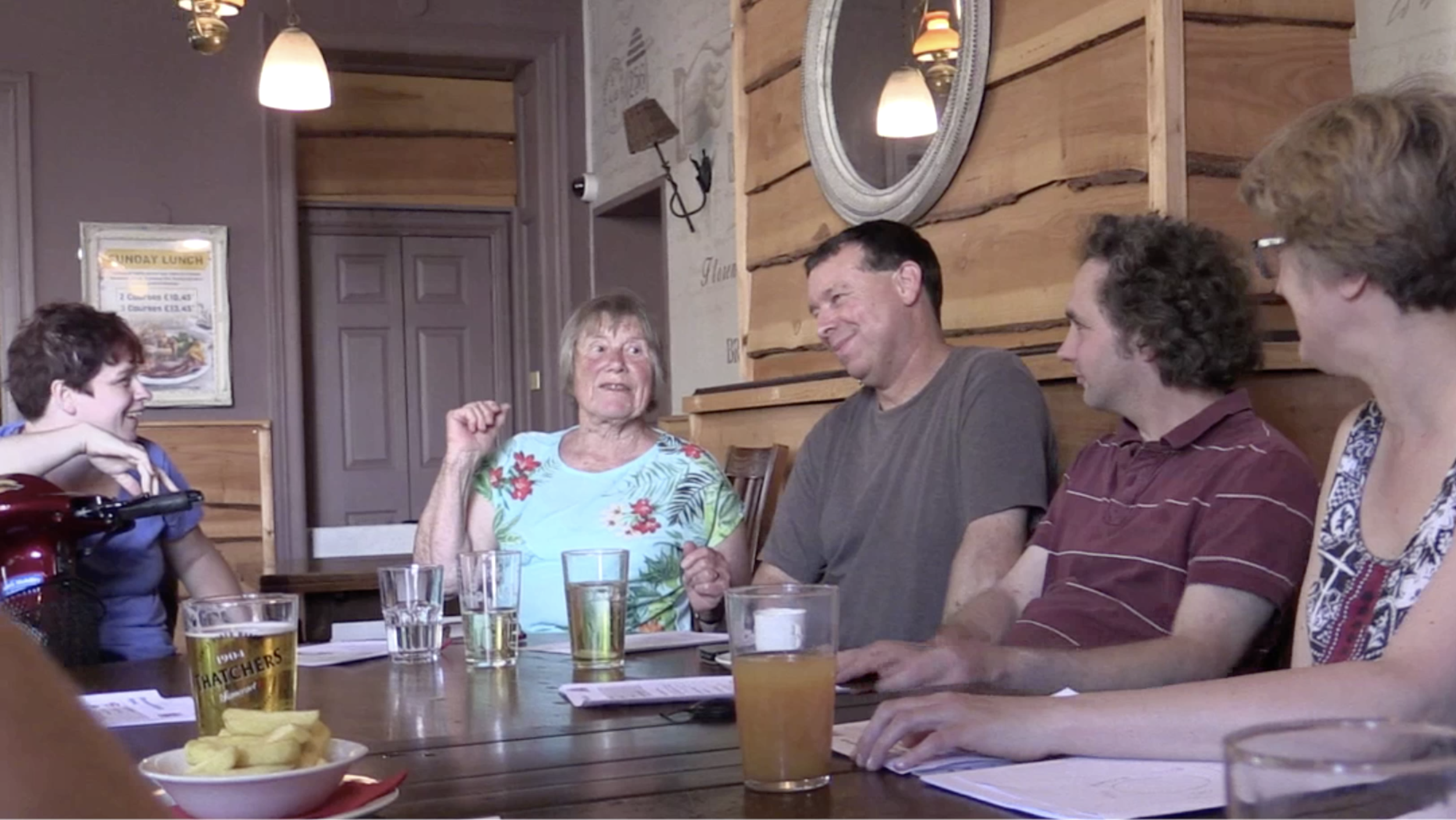If people are to construct their lives successfully, advocacy, friendship groups and pursuing interests are critical, writes Andrew Power. Research offers the key building blocks for commissioners and support organisations to create the right conditions for this
When we hear the words “self-build”, we tend to think about programmes such as Grand Designs and The Restoration Man. Self-build is an approach to building a home where people take on more control and have more of a say over the design, build and furnishing of their homes. The popularity of these programmes suggests this is an aspiration many people share. What would it look like and feel like if we applied the same principles of having a say, making our own choices and taking control to our daily lives? For many people with learning disabilities, this sadly continues to be a far distant reality because of many obstacles, including low aspirations. When people are not given enough support, they can be left isolated or without access to activities of their choosing. By self-build, we do not mean people should do it all by themselves. Instead, we mean people having more of a say in building their local networks, activities and identities, which can be with the help of family, friends, advocates and support organisations. Personalisation has gone some way to making this a reality for some people with learning disabilities over the past decade. There has been a decline in the use and availability of council-run day services and a greater recognition of the need for more community-led initiatives. Against this backdrop, social care budgets have been shrinking and eligibility criteria tightening. Understanding how people can be enabled to self-build their own networks of support and learn to live in their communities within this context is a key for commissioners, organisations and families. Researchers Andrew Power and Melanie Nind at the University of Southampton and Ed Hall from the University of Dundee, supported by the Economic and Social Research Council, developed a research project to look at this issue. People with learning disabilities were involved in the co-production of the research design and easy-read research findings.
Findings
We found three key stages of self-building a life in the community. To begin with, as with any self-build project, the essentials must be planned. Finding out information and staying up to date are central to this. We saw that making this happen can be tricky without first enabling people to build up their confidence and skills to get their voice heard. Self-advocacy groups were key to giving people the confidence and the abilities to express themselves, make decisions and take part in discussions about their lives.
“From having that new kind of safety net of a group of friends, they become more confident and then, ultimately, they become more independent in their own lives.” Andrew, Good Neighbours (a voluntary organisation in Hampshire)
Unfortunately, the advocacy organisations we spoke to were struggling to maintain their self-advocacy groups. Second, a person needs to manage day-to-day responsibilities as they become more independent at home and out in the community. This involves acquiring and putting into practice a range of life skills and ensuring they stay safe, for example while learning to travel by bus independently. Again, self-advocacy groups were crucial in giving people the confidence to do this. Malcolm, who regularly attended one, showed a strong awareness of these issues.
“If I’m walking back through the park, I sort of keep my distance from groups.” Malcolm
Finally, self-building a life is only worthwhile if it enables people to find meaningful things to do, such as spending time with friends and getting involved in the community. Some people we spoke to had few opportunities to meet up with friends, especially in the evenings or at weekends because they lacked the support or experience to do so. In some areas, we found that learning disability friendship groups and dating clubs offer a lifeline for people to take part in joint activities in community settings. They talked about being less shy, more outgoing, more communicative and generally more confident.
“The Friendship Meet Up’s members meet up on their own on Saturday nights. We go to a local bar about once a month. Last Saturday, there were about six, seven of us… we arranged it.” David
Hopes and fears
Our hope is that more people with learning disabilities can self-build a life and benefit from the move towards personalisation. This can only happen if the right support is in place. At the moment, that support is patchy. Our research offers the key building blocks for commissioners and support organisations to create the conditions to enable more people to self-build their lives. Our fear is that, as advocacy organisations tell us, the most vulnerable are being left behind in this new social care landscape and that is exacerbating social inequalities. Commissioners can mobilise innovative choice and support only if they have the capacity and teeth to do so.
- Self-building our Lives: films, resource pack materials and a report are available at: http://selfbuildingourlives.org/
Andrew Power is associate professor in geography at the University of Southampton
Further reading
Power A, Bartlett R (2018) Self-building safe havens in a post-service landscape: how adults with learning disabilities are reclaiming the welcoming communities agenda. Society & Cultural Geography; 19(3): 333-356
